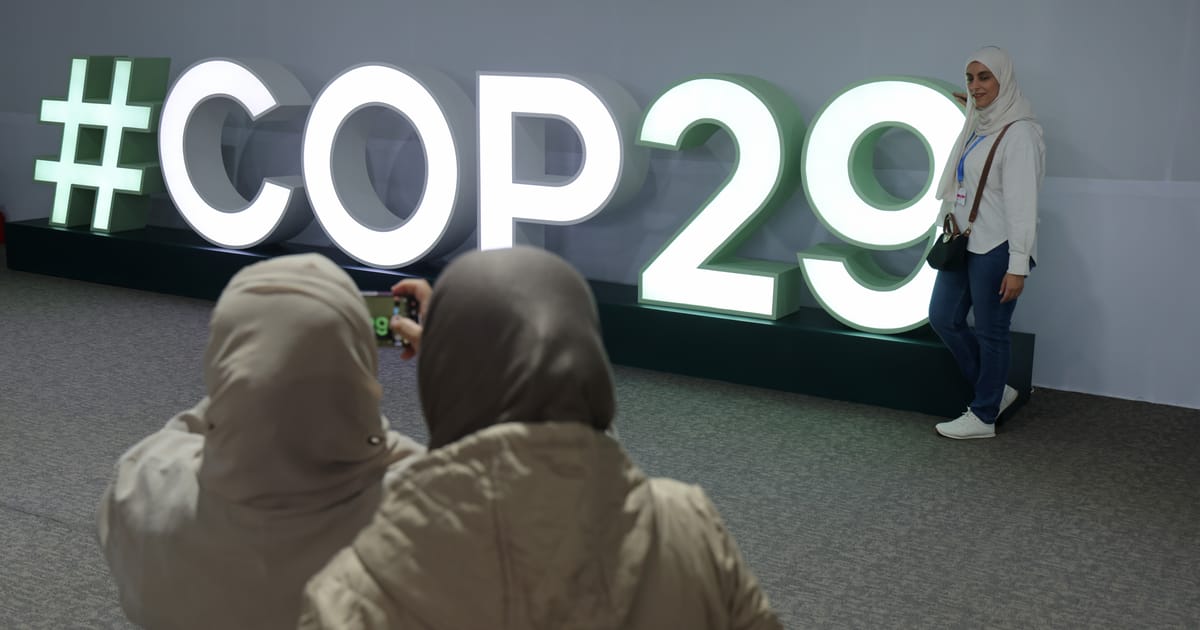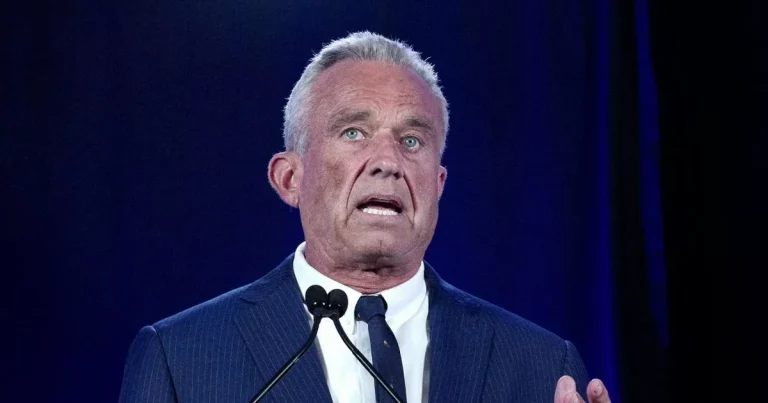As the urgency of climate crisis intensifies worldwide and the COP29 conference looms, the need for debt relief is becoming increasingly conspicuous, particularly for African countries. Africa, more than any other region, illustrates why debt-relief should be an agenda item during these climate discussions.
Of the 20 nations most threatened by the climate crisis, an overwhelming majority – 17, to be precise – are African countries. This fact places Africa at the frontline of a continuously raging battle against climate change. However, almost half of Africa’s nations are either experiencing debt distress or are poised precariously on the brink of it. These financial crises are fundamentally hampering the continent’s ability to combat the devastating effects of the climate crisis effectively.
One of the most significant roadblocks Africa faces in its fight against climate change is the colossal amount of funds required for mitigative and adaptive maneuvers. These funds are almost paradoxical to the level of the continent’s current debt burden. The stark reality is that it requires substantial funds to shore up against the climate crisis- funds that many of these African nations are unable to gather owing to their enormous debt burdens.
Adjusted climate funding is about rectifying the colossal financial disparities that exist between the developed and the developing nations. The heavy debt burdens carried by African nations are thwarting efforts to combat climate change and need international attention and intervention. Debt relief isn’t merely an economic reformation tool – it is an essential instrument that will empower African countries to address a crisis that poses a significant threat to the continent’s survival and prosperity.
Although climate finance has been a cornerstone of international climate agreements, they often fail to acknowledge the interlacing of debt burden and climate change vulnerability. In the year 2019 alone, developing countries paid over $3.9 billion more in debt service than they received in climate finance. This glaring mismatch in allocation of funds raises questions about the equitability of the global climate finance architecture.
A call for broad, systemic debt relief for Africa is not solely an economic proposition; rather, it spells an urgent ethical and environmental requirement. African nations disproportionately bear the brunt of climate change, though they have contributed minimally to carbon emissions and global warming. It is morally imperative for countries and institutions that have historically benefitted from the fossil fuel economy to shoulder their fair share of responsibility to fight against climate change and thereby alleviate the economic burden on Africa.
Debt relief could also pave the way for transforming the African economies to align with sustainable developmental goals. Funds liberated from debt payments could be redirected towards enhancing renewable energy alternatives, nurturing green jobs, and ensuring climate-resilient development.
Africa’s call for debt relief doesn’t reflect an evasion of financial responsibility; rather, it echoes an urgent need to reallocate resources to cater to more pressing needs imposed by the existential threat of the climate crisis. As the world gathers for COP29, it should not only grapple with the immediate question of reducing emissions and adapting societies, but also be concerned with recalibrating the significantly inequitable structures that hinder developing countries from effectively engaging in this battle. Africa holds proof that debt-reparation should no longer be an afterthought in global climate conversations; it should be a core agenda item.




